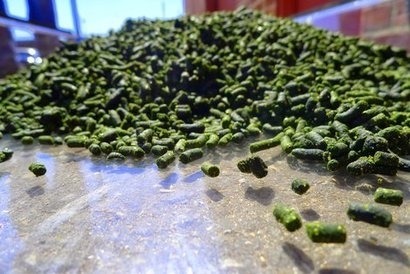
Disinfection capabilities provided in the form of OriginOil’s Electro Water Separation technology (EWS) may help to create giant open-air ponds for large-scale algal biofuels production.
EWS is a high speed, chemical-free process that has been developed by the company to clean up large quantities of water. OriginOil and INL have submitted a proposal, in response to a Funding Opportunity Announcement (FOA), entitled “Targeted Algal Biofuels and Bioproducts” (TABB) which seeks alternative approaches to solving two of the key problems facing the commercialisation of algal biofuels – high cost of production and low yield.
“The proposed work scope complements current Department-funded work at INL, which focuses on the development of productive, stable polycultures” said Deborah T Newby, Ph.D., INL Senior Staff Scientist and Algal Biofuels Lead. “Specifically, this proposed research will facilitate testing to advance the understanding of using algae in developing sustainable fuels.”
Algae cultures that are open to the environment are susceptible to contamination by rotifers, a phylum of microscopic and near-microscopic animals that are present in freshwater supplies throughout the world, as well as other grazing organisms such as amoebae, ciliates, bacteria and fungi. These organisms have a large adverse effect on algae productivity and can ‘crash’ algae cultures in a short period of time.
Open ponds are particularly susceptible to contaminants because of the ease by which they can be inadvertently introduced. Raceways, tubs and other open containers suffer similar problems.
OriginOil will use its Algae Screen technology to disinfect the algae cultures continuously through the selective damaging or killing of the contaminants with minimal impact on the algae. Algae Screen requires less than 0.1 watt-hour of electricity per gallon of treated water, thereby reducing the cost of treating a 40,000 litre pond or bioreactor to less than 10 cents per day for an Algae Screen Model 60 offering a 60 litre per minute capacity.
The technology was verified by academic testing conducted at St. Cloud State University in Minnesota in November 2013.
For additional information:

